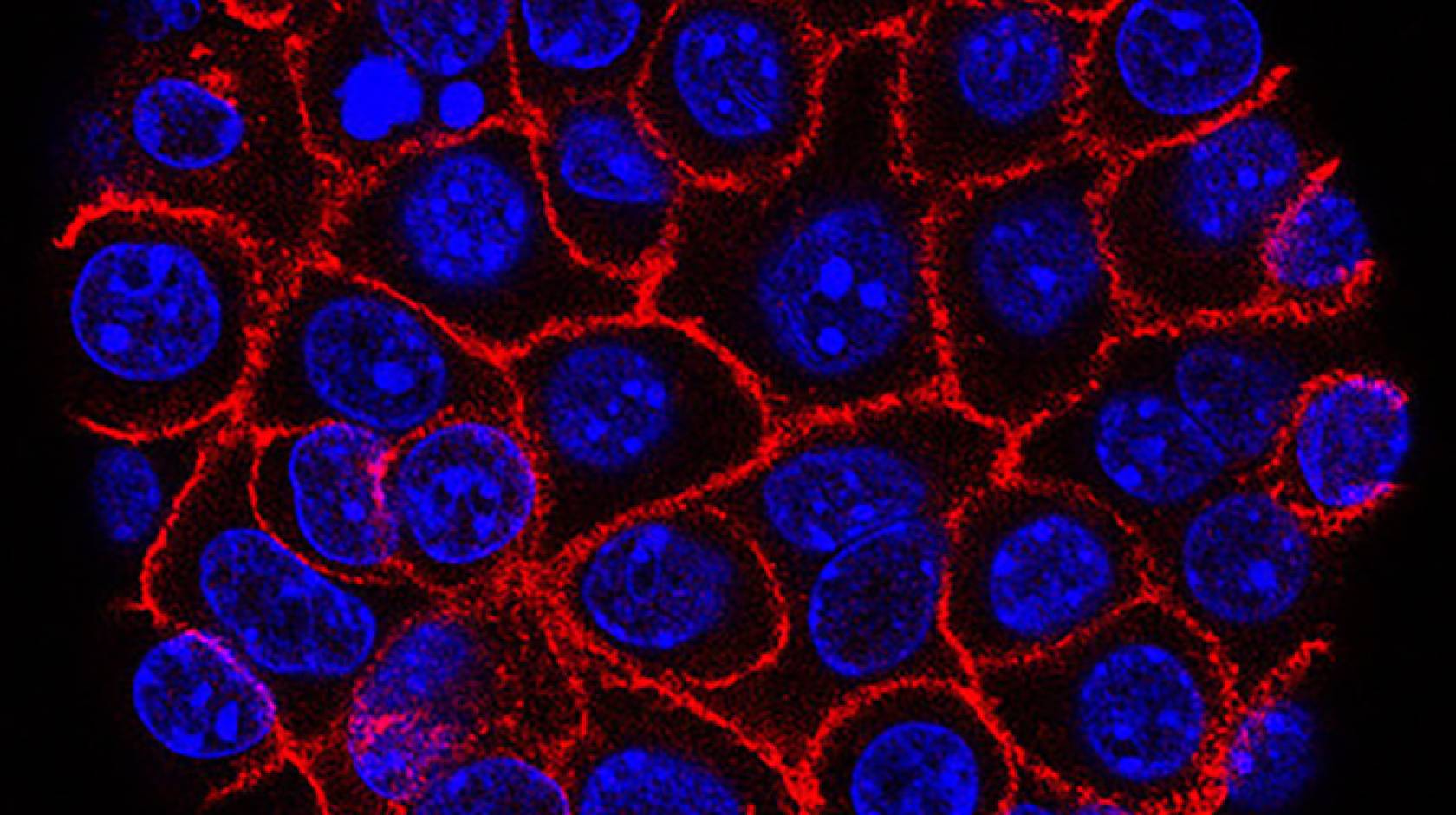UC San Francisco and UC San Diego

The comprehensive cancer centers at UC San Diego and UC San Francisco are two of only 12 academic centers in the U.S. joining a large national precision medicine study that aims to improve survival for pancreatic cancer patients.
The trial, called Precision Promise, is a joint effort between the Pancreatic Cancer Action Network, cancer research and treatment centers, and the pharmaceutical industry. The goal of Precision Promise is to double survival by 2020.
Pancreatic cancer is the third-leading cause of cancer related death in the United States and is anticipated to become the second around 2020. The disease kills more people than breast cancer, with a five-year survival of just 8 percent. Nationally, only 4 percent of pancreatic cancer patients enroll in clinical trials.
Andrew Ko, M.D., professor of medicine and lead principal investigator at UCSF for Precision Promise, said enrollment of pancreatic cancer patients in therapeutic studies at UCSF is higher than national levels, but that there is still significant room for improvement. He notes that the university’s strengths in clinical trial design, genomics, immunotherapy, and DNA repair makes it a great partner for the multi-year study.
“We're excited to have been selected as one of the inaugural sites for what promises to be an exciting and unprecedented effort, and to have the opportunity to work closely with our colleagues at other centers of excellence who share our commitment to tackling this tough disease,” Ko said. “With such a small proportion of patients participating in clinical trials, this consortium will essentially guarantee that every interested and eligible patient will be able to undergo extensive molecular profiling of their cancer, and be able to receive a new drug as part of their treatment, whether it be an immunotherapy, an agent that targets the tumor microenvironment, or a regimen that exploits the cancer's defective DNA damage repair capacity.”
Precision Promise, which begins enrolling patients in early 2017, will investigate multiple treatment options, called sub-studies, under one clinical trial design that employs an individualized treatment approach based on the molecular profile of a patient and their tumor. The sub-studies are designed to allow patients shift to another option if tumors do not respond.
“Precision Promise is a clinical trials network that will provide patients with access to trials rooted in science that are tailored to each person,” said Andrew Lowy, M.D., chief of the Division of Surgical Oncology at Moores Cancer Center at UC San Diego Health. “Every possible patient with pancreatic cancer should be enrolled in a clinical trial because standard treatments are not enough. Precision Promise will offer a trial for every patient.”

